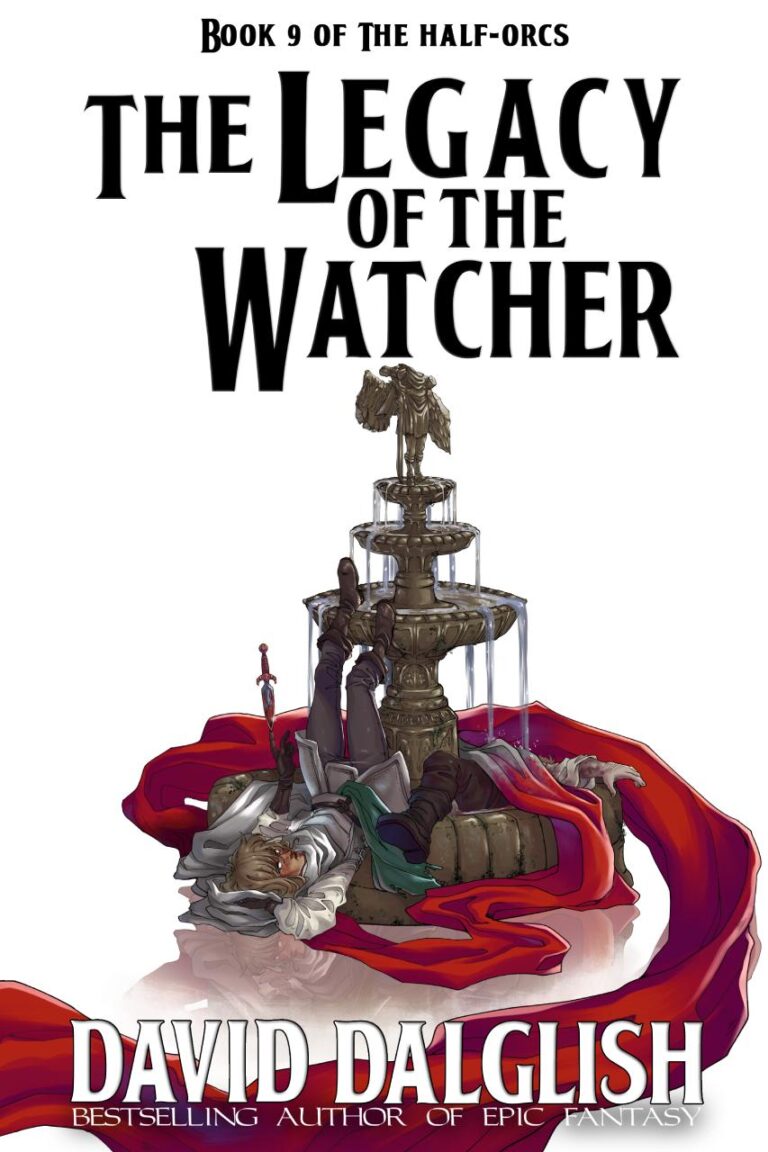I’ve decided you can never predict a reader’s reaction to something you’ve written. This probably is not a big shocker to some of you, but I think as a writer I sometimes fool myself into thinking I am complete control. I want you to hate this character? Let’s make him cold, cruel, and absolutely disgusting. Want someone likable? Make ’em kind, compassionate, and willing to help out.
But that’s not how it works. What I might think is a throw-away comment to describe a character ends up defining that character in a way I may have never expected. A character I may think of as an irredeemable bastard may be a huge amusement to another.
Anyhoo, the reason why this came up is I recently had two different five-star reviews for my third book, The Death of Promises. You’d think they’d agree with each other, right? I mean, they did both love the book.
Ha!
For the first half of the novel he focuses not on the heroes of the story – the Eschaton, which includes Qurrah’s brother, Harruq – but instead on the antiheroes. It is risky, and also very brave, storytelling. Some might bristle at this development, but I appreciated it. Especially after the emotional end to the last book, it made sense to go in this direction. That one was Harruq’s chance to shine, to show us his depth of caring and forgiveness; this is Qurrah’s opportunity to radiate the darkness he clutches inside him.
Contrast this to the other review.
I’ve given this 5 stars solely on the basis of part two, as I’d really rather pretend part one didn’t happen. The book is again split into two parts, and whilst part two was everything the series has been to date, I really struggled at times to keep going in part one despite having loved the series so far.
Brave storytelling, or pointless waste of time? Two readers, both loving the book, drastically disagree with one another. And you know what? I can’t claim either of them is right or wrong (much as I’d like to). Know what’s even better? I think that means I’m doing something right.
No person in real life is universally liked. Not a one, because every one of us is far more complicated than the single line or two that might be given to describe us if we were characters in a book. So having such bizarrely complicated people such as us trying to judge other bizarrely complicated people, well, give up knowing what will happen. So part one of my book focuses on Qurrah and Tessanna. I’ve seen readers with such varying opinions as hoping they’ll be redeemed by the end of the series, others hoping, as one reader put it, “they get a stake through their eyeball”.
What I’m trying to get at is while all these reviews and opinions are wonderful to get, trying to actually predict them, see in advance what others will feel, understand, and like, is just impossible. In writing the final Half-Orc book, I’m not going to let the fate of Qurrah fall to a popularity contest. I won’t keep him alive because many like him, nor kill him because the majority want him dead. I’m going to let the story be the boss, and I’m going to stay true to his character. If I can keep him interesting, if I can keep him real, it doesn’t matter if he’s loved or hated.
And when I do get to the end, when I put out the fourth book and the roles of each characters have changed, some for better, some for worse…I’ll sit here biting my fingernails waiting to find out. That’s the price for dreaming big, and doing nothing safe, nothing certain. You can’t play the Guessing Game.

